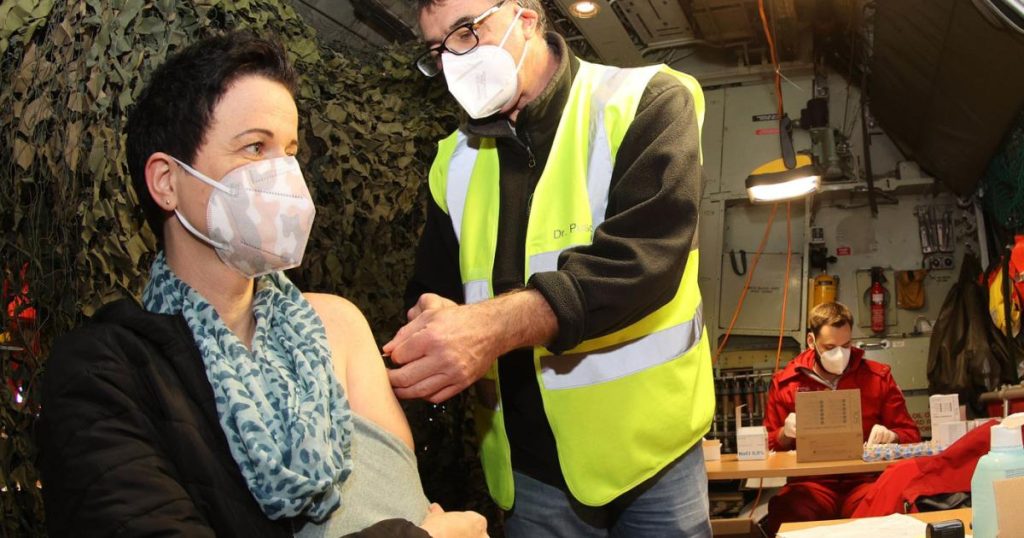How strict is the four-month period between the second and third vaccinations?
So that the third vaccination can also be entered as 3/3 in the certificate of vaccination, the minimum time period must be 120 days (the first day is the day after the day of vaccination for dose 2). “We have to comply with the legal requirements here – which is 120 days,” said ELGA GmbH Managing Director Franz Leitch, in response to the many complaints. He points to the Covid Measures Act: According to this, the time period of less than 120 days between the second vaccination and the third vaccination is not counted as the third vaccination “which is also unreasonable for medical reasons”. Even after 119 days, 2/2 is on the vaccination certificate – but is valid again immediately for 270 days, as is currently the case with the third vaccination. But that could change next year if the introduction of the mandatory vaccination could reduce the validity of the second vaccination from nine to seven months.
In the coming days, all doctors should be informed in detail not to go under 120 days. There is no filter in the ELGA system that would draw attention to the deficiency when inserting the electronic card: “This is not possible because there are many exceptional medical conditions, for example people with weakened immunity who receive several second vaccinations.”
Is there an arithmetic example perhaps?
To calculate the minimum distance, the day after vaccination is counted as the first day. Improper vaccination time. Example: 07/19/2021 = vaccination dose day 2; 07/20/2021 = Day 1; 11/15/2021 = Day 119 (Testimony “2of2”); 11/16/2021 = Day 120: Vaccination Dose Day 3 (Certificate “3 of 3”).
Why was the validity of the Pfizer vaccine extended from six to nine months?
At the time of approval, the only data they had was that the vaccine had been stable for at least six months, says Nicolodi. At that time there was no data for a longer period of time. “The validity can then be extended continuously once you have data for longer periods of time and we know the stability of the vaccine is still available.” So don’t get an expired vaccine.
Is it true that vaccination rates are very high in universities?
Yes really. At the end of September it was between 82 and 90 per cent. Austrian statistics data from the end of September, even higher values are now assumed.







More Stories
Exploding Fireball: Find the meteorite fragments
Neuralink's competitor lets blind people see again with an implant
A huge meteorite has hit Earth – four times the size of Mount Everest